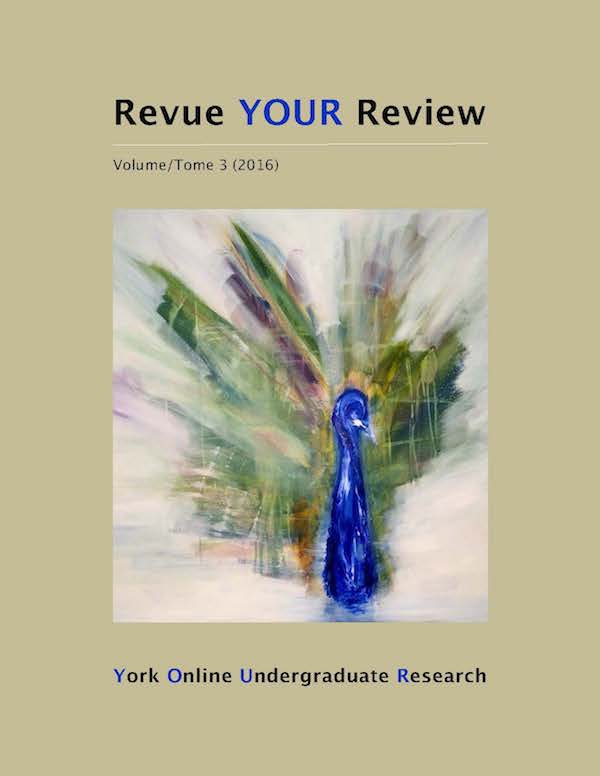Caffeine’s Ergogenic Effects: Endurance Exercise, Resistance Exercise, High-Intensity Exercise, and Cognitive Function/Skill Maintenance
Abstract
Caffeine (1, 3, 7–trimethylxanthine) is a stimulant drug found in products such as coffee, chocolate, painkillers, and colas. Over 50% of people consume around 200 mg a day, which speaks to the importance of its effects. By increasing neurotransmitters such as dopamine, acetylcholine, glutamate, and norepinephrine, caffeine activates the pleasure centers in the brain, and increases heart rate and arterial constriction, which are hypothesized to be the cause of the ergogenic effects observed. This project delves into the literature on caffeine’s effects on exercise and performance. Research on caffeine in sport has mostly been conducted on endurance-based exercise, which shows significant increases in performance. Caffeine has also shown to be ergogenic in the maintenance of skill and cognitive function following fatiguing protocols; increases in energy, alertness, accuracy, and clear-mindedness are common. The literature for caffeine and high-intensity exercise remains limited; however, it shows a positive correlation between caffeine intake and improved anaerobic performance. The doses producing ergogenic effects also have the potential of producing side effects such as insomnia, jitters, and nausea, which is why caution is advised for high intake. In terms of resistance training, studies remain scarce and more clarity is required to explain both significant and insignificant results. In order to address these gaps, future research recommendations include a focus on resistance training, a study of the effects of various modes of caffeine supplementation on reaction time and skill maintenance, and a review of the different modes of caffeine ingestion.Downloads
How to Cite
Issue
Section
License
Authors contributing to Revue YOUR Review agree to release their articles under one of three Creative Commons licenses: Creative Commons Attribution 4.0 International; Creative Commons Attribution-NonCommercial 4.0 International; or Creative Commons Attribution-NoDerivatives 4.0 International. All editorial content, posters, and abstracts on this site are licensed under Creative Commons Attribution-NoDerivatives 4.0 International. For further information about each license, see:
https://creativecommons.org/licenses/
In all cases, authors retain copyright of their work and grant the e-journal right of first publication. Authors are able to enter into other contractual arrangements for the non-exclusive distribution of the e-journal's published version of the article (e.g., post it to an institutional repository or publish it in a book or in another journal), with an acknowledgement of its initial publication in this e-journal.


